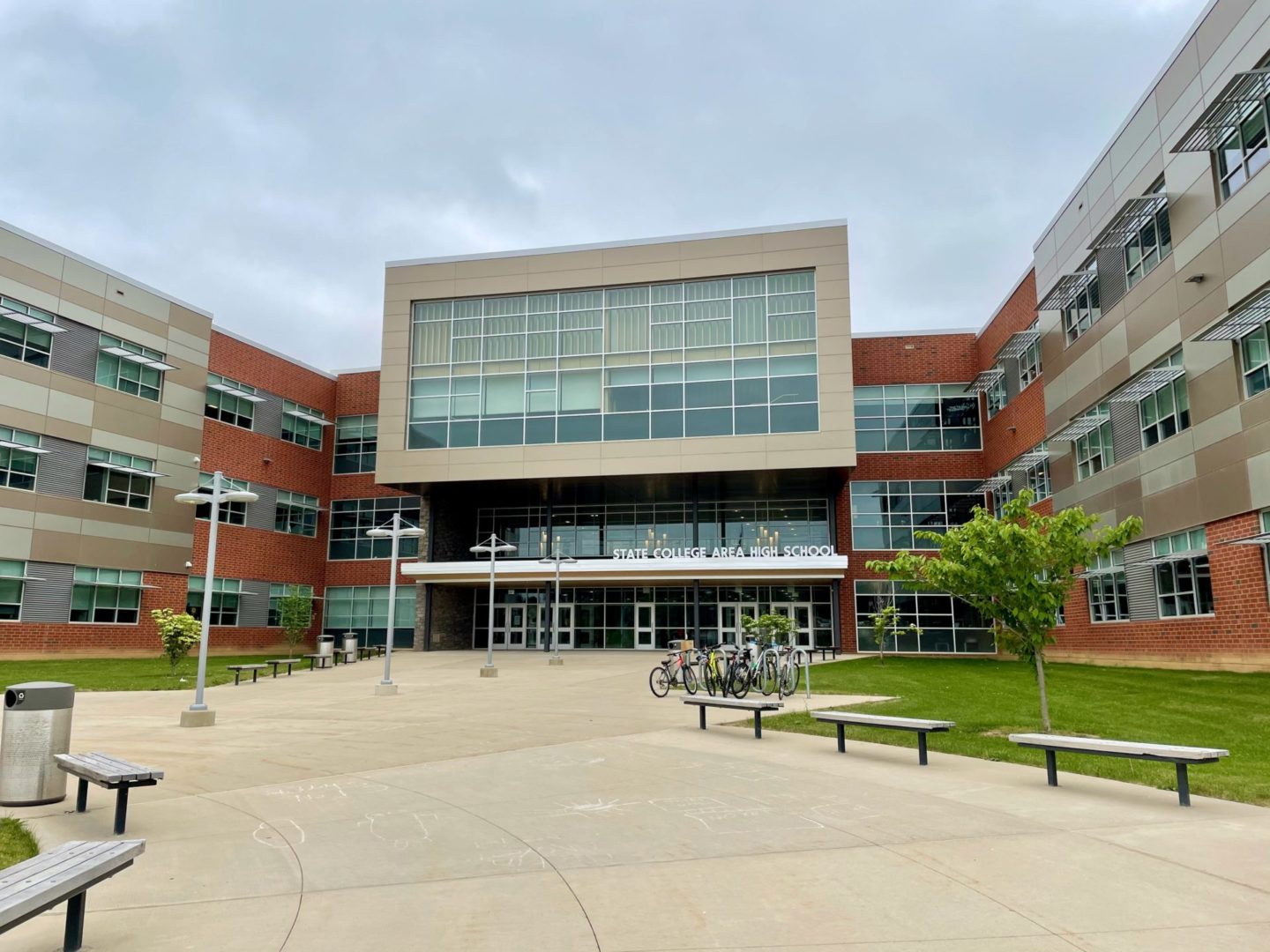For the second year in a row, the State College Area School District budget will include no real estate tax increase.
The school board voted unanimously on Monday night to approve a $168 million final budget for 2021-22 that maintains the tax rate at at 46.0875 mills.
The average residential taxpayer with an assessed property value of $73,391 will have a school district tax bill of $3,314.
Prior to the final budget adoption, district administrators and the board’s finance committee evaluated multi-year projections for tax increases of .5% and 1% in 2021-22.
Largely due to uncertainty related to the economy, district expenses are projected to begin outpacing revenues in 2022-23 and continuing through 2031. Such a deficit could lead to a negative fund balance as early as 2026-27.
In the end, though, the administration and committee concluded it was important to keep the tax rate flat for the coming year.
“The committee generally agreed that the benefits of a tax increase are out-weighed by the concerns stemming from the negative impact the pandemic has had on the local economy, especially local businesses which have seen major losses in revenue over the last 15 months, along with residents who have experienced job loss or reduced income,” the recommendation stated.
“They also take into account the district receiving non-recurring federal, state and local stimulus funding and the potential of the local economy to recover faster than projected generating greater revenue.
As it did in 2019-20, the district will assign fund balance to offset revenue shortfalls in future years.
Administrators also noted that “a combination of easing expense increases and higher than currently projected tax increases in future budgets” likely will be needed to help reduce any deficits.
Projections outlined in May anticipate a tax increase of 1% next year and 2% in the following years through 2031.
The 2021-22 budget includes total revenue of $169,248,905 and $168,239,612 in expenses and transfers. The unassigned general fund balance is $13,223,859, which at 7.9% of the budget is within the mandatory 8% ceiling.
Salaries, benefits and mandatory retirement contributions comprise about 75% of expenses, followed by services (10%), capital-related transfers (9%), supplies and equipment (5%) and other transfers and fees (1%).
New recurring expenses include a half-time social worker that had been grant funded for the current year, a half-time psychologist, full-time custodian and three full-time faculty positions and costs for the Virtual Academy. New non-recurring costs include expenses for lost learning funded by the federal relief money, funds that must be spent within three years.
As is typical, a large majority of the budget revenue — 78% —comes from local real estate tax revenue. Another 19% comes from state sources and 3% from federal sources.
Both the projected collection of real estate taxes (96%) and assessed value growth (.8%) are slightly lower than typical, resulting in lower local property tax revenue for 2021-22. Earned income tax is budgeted for a 1% growth, up from the projected loss for the current year but lower than the average of 2.5% in other recent years.
Federal revenue reflects $3.4 million in relief funding that was part of the American Rescue Plan passed in March.



